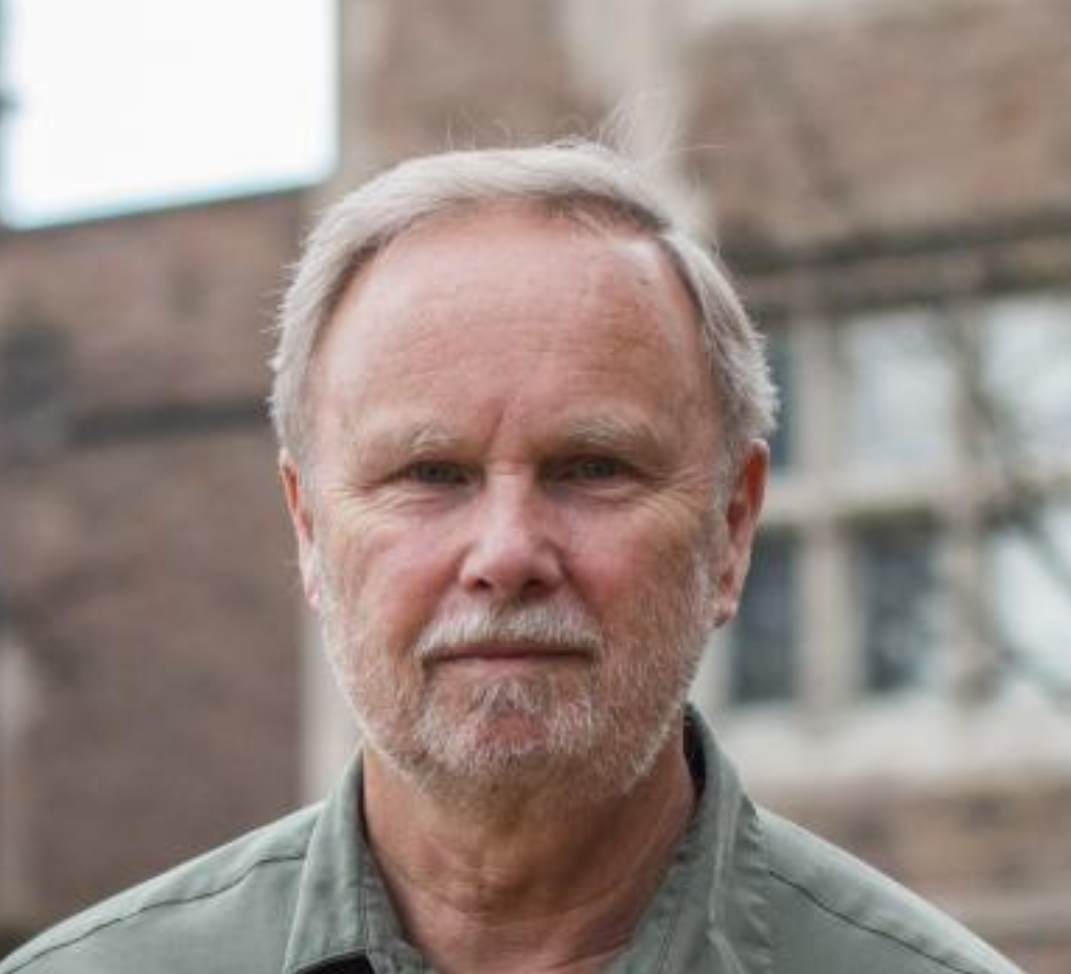
Mars was once similar to Earth, but today there are no rivers, no lakes, no oceans. Coated in red dust, the terrain is bewilderingly empty. And yet multiple spacecraft are circling Mars, sweeping over Terra Sabaea, Syrtis Major, the dunes of Elysium, and Mare Sirenum—on the brink, perhaps, of a staggering find, one that would inspire humankind as much as any discovery in the history of modern science. In this beautifully observed and deeply personal book, Georgetown scientist and WashU alumna, Sarah Stewart Johnson, tells the story of how she and other researchers have scoured Mars for signs of life, transforming the planet from a distant point of light into a world of its own.

Sarah Stewart Johnson is an associate professor of planetary science at Georgetown University. Her research is driven by the underlying goal of understanding the presence and preservation of biosignatures within planetary environments. Her lab is also involved in the implementation of planetary exploration, analyzing data from current spacecraft and devising new techniques for future missions. A former Rhodes Scholar and White House Fellow, she received a B.A. from Washington University in St. Louis, a second B.A. and M.Sc. from Oxford University, and a Ph.D. from MIT before completing a postdoctoral fellowship with the Society of Fellows at Harvard University. She has participated on the science teams for NASA’s Spirit, Opportunity, and Curiosity Rovers, and since 2016, has been a visiting scientist with the Planetary Environments Lab at NASA’s Goddard Space Flight Center. Since 2018, she’s also served as the Principal Investigator of the $7M Laboratory for Agnostic Biosignatures, a NASA-funded research project designed to search for “life as we don’t know it." Her recent book, The Sirens of Mars: Searching for Life on Another World, was a New York Times Editor's Choice and selected as one of the New York Times 100 Notable Books of 2020.

Raymond Arvidson earned a PhD from Brown University in 1974. He is presently the James S. McDonnell Distinguished University Professor at Washington University in St. Louis, where he focuses on teaching and research about current and past environments on Earth, Mars, and Venus. He is a fellow of the McDonnell Center for the Space Sciences. He has been instrumental in development and implementation of both orbital and landed missions to the planets, including participation in the Magellan Radar Orbiter Mission to Venus, team leader for the Viking Lander Imaging System on Mars, member of the Project Science Group for the Mars Global Surveyor Mission, deputy principal investigator for the Mars Rover Missions (Spirit and Opportunity), the robotic arm investigator for the Mars Phoenix Lander Mission, co-investigator for the hyper-spectral mappers OMEGA (Mars Express orbiter) and CRISM (Mars Reconnaissance Orbiter), and a science team member for the Mars Science Laboratory Curiosity Rover that landed on Mars in August 2012. He is the director of the NASA Planetary Data System Geosciences Node, making available ~300 terabytes of NASA data to the worldwide research community. He is a fellow of the Geological Society of America and the American Geophysical Union (AGU), received the AGU Whipple Award, and has been honored by the state of Missouri for excellence in teaching. He has received three NASA Public Service Medals and several dozen NASA citations for excellence. He is the winner of the 2016 Lester Stroud Award from the Society of Applied Spectroscopy and has received several awards from WashU for research and teaching excellence, including the 2018 Weidenbaum Medal. Arvidson has over 250 publications and has participated in numerous National Research Council and NASA panels and committees during the past several decades.
Sorry, but registration for this event has closed.
